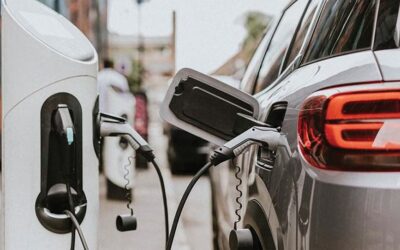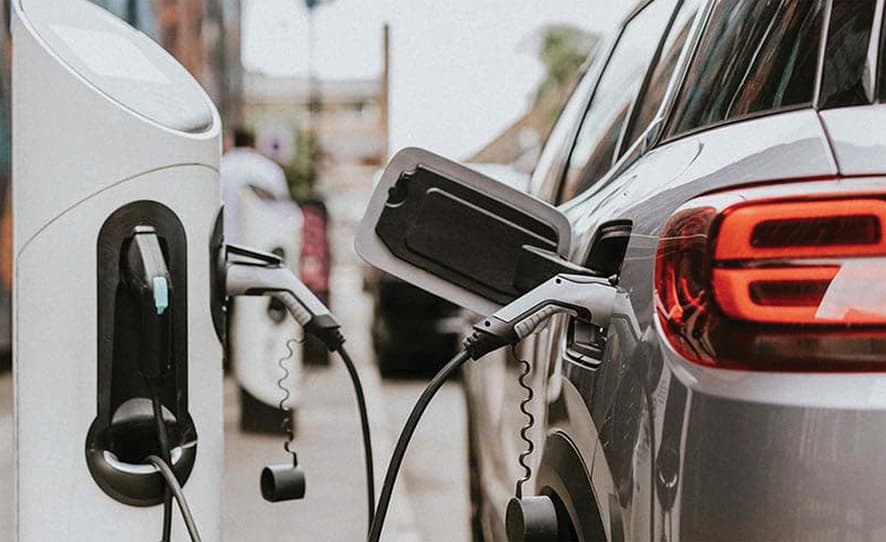Electric Cars and Insurance: What You Need to Know Before Buying

Electric cars are no longer a rare sight on UK roads. Battery-powered vehicles are being adopted by drivers who want quieter rides, lower emissions, and reduced fuel bills. But while much is said about cost per charge and public charging points, there’s one area that often gets overlooked — insurance.
If you’re thinking about going electric, it’s important to understand how insurance for these cars works. It’s not the same as covering a petrol or diesel vehicle. The differences might not be obvious at first, but they can affect your annual premium, the claim process, and even how repairable your car is in the event of a crash.
This guide walks you through what matters most before you make a decision.
Why Are Electric Cars Often More Expensive to Insure?
It surprises many drivers to learn that electric cars can cost more to insure, even when the vehicle itself is small and used for everyday driving. There are a few key reasons for this:
1. Cost of Repairs
Electric cars tend to have fewer moving parts, but the components they do have — such as the battery, charging systems, and motor — are expensive. A minor accident that damages a battery casing can result in a much larger claim than a typical engine repair.
2. Limited Repair Networks
Not every body shop or mechanic is trained to work on high-voltage electric vehicles. This reduces the number of garages your insurer can send the car to and may increase downtime and labour costs.
3. Newer Technology Means Less Data
Insurance pricing relies on past claims data. Because EVs are newer and less widespread than traditional vehicles, insurers have less long-term data to work with. That can result in higher premiums by default.
4. Silent Operation and Pedestrian Risk
Some insurers consider electric cars to pose a higher risk to pedestrians due to their low engine noise. While newer models come with pedestrian alert systems, this can still factor into risk assessments.
What About Tax and Running Costs Compared to Insurance?
Drivers often focus on road tax savings and running costs when buying an electric car. In the UK, electric cars are currently exempt from vehicle excise duty (VED), and charging at home is usually cheaper than petrol.
But these savings can sometimes be offset by higher insurance premiums. That’s why it’s important to look at the full picture — not just what you’ll save on fuel, but what you’ll pay in other areas, including annual cover.
It’s also worth checking if your car qualifies for special EV-related discounts with your insurer. Some providers now offer reduced rates or cashback for drivers of fully electric vehicles, especially if you’re using low mileage or have a telematics policy.
Does the Battery Affect My Policy?
Yes, and here’s how.
When you buy an electric car, the battery might be:
- Owned outright (you paid for it with the car)
- Leased separately (common with older Renault and Nissan models)
If the battery is leased, you’ll need to declare this when getting quotes. Not all insurers treat battery leasing the same way, and it could limit your coverage or require a specific policy type.
In terms of damage, batteries are one of the most expensive components to repair or replace. Some insurers treat battery damage as a specific claim category and may require additional inspections or documentation before approving a repair.
Charging Equipment: Is It Covered by Insurance?
Home chargers — also called wallboxes — are usually not covered under your car policy. They fall under home insurance, but even then, they may need to be declared as an individual item, particularly if they’re valued above standard coverage limits.
If your charger is damaged in an accident at home (e.g., a vehicle backs into it), you might be able to claim under buildings insurance, but not always. Some insurers will treat this as part of the vehicle claim if caused by your car. It’s a grey area, so always ask both your car and home insurer how this is handled.
For public charging incidents, such as cable theft, charging point damage, or trip hazards, the liability often depends on who owns the charger and where the incident occurred. Your comprehensive car policy may cover damage to the car during charging, but it hardly covers third-party equipment.
Do Electric Cars Get Written Off More Easily?
In some cases, yes. Because the cost of replacing or repairing battery units is so high, even moderate damage to an electric car can result in a total loss. This doesn’t mean they’re more fragile, but it does mean that once the cost of repair approaches the value of the vehicle, insurers may choose to write it off.
This is more common in EVs than in petrol or diesel cars of the same size and price, especially if the accident affected the battery compartment.
For this reason, some owners choose to pay for additional cover such as “new-for-old replacement” or GAP insurance, particularly in the first few years of ownership.
Tips for Getting a Better Deal on EV Insurance
If you’re ready to move forward with an electric vehicle but don’t want to overpay on insurance, here are a few suggestions to help:
- Shop around: Not all insurers price EVs the same way. Some specialist insurers are more competitive on newer models.
- Use telematics if you drive carefully: Pay-as-you-drive or black box policies can help reduce the cost, especially for city drivers or low-mileage owners.
- Install a tracker: Some EVs are more vulnerable to theft (especially certain keyless models). A certified tracker can reduce your quote.
- Consider the trim level: A top-spec model with expensive wheels or interiors may cost more to cover than a lower-trim version of the same car.
- Check repair costs before buying: Some brands have cheaper parts or more accessible repair networks in the UK, which can influence your quote.
Final Thoughts
Electric cars are changing the way we drive — but they’re also reshaping how insurance works. While they may be cheaper to run and kinder to the environment, they bring new risks and expenses that many buyers don’t consider until after the fact.
Before committing to a purchase, take the time to understand what your insurance will cover, what it won’t, and how your premiums might change over time. Ask about battery coverage, charger-related incidents, and what happens if your car is written off.
An electric car can be a smart decision — but only if you’ve thought through the costs that sit quietly behind the wheel.









